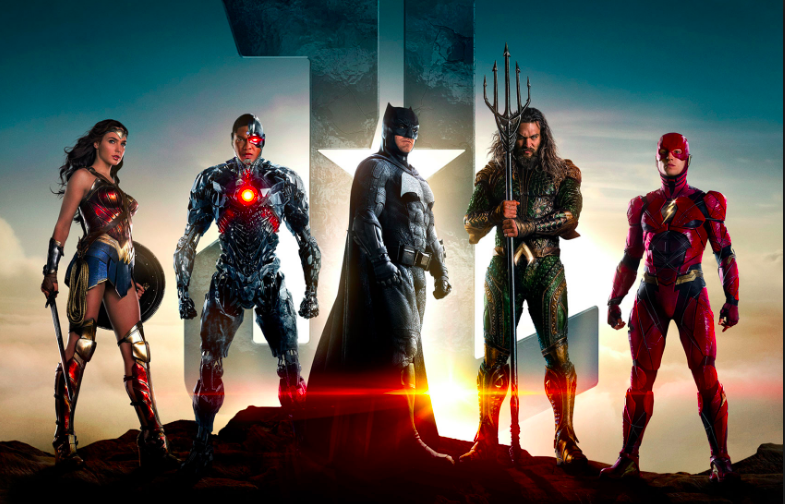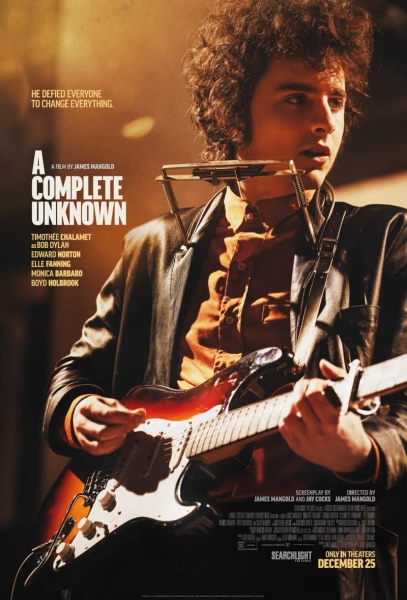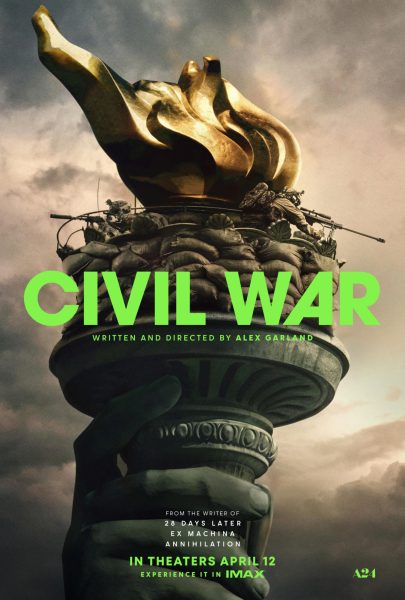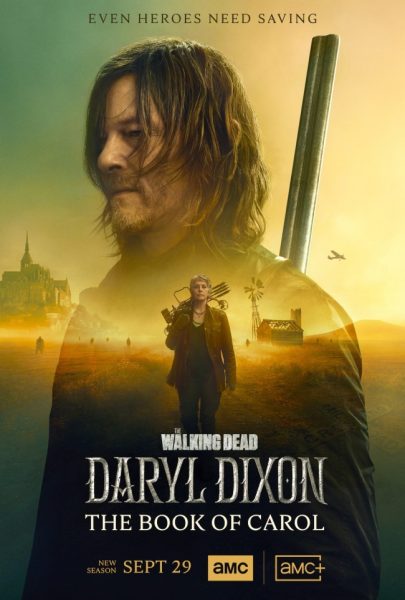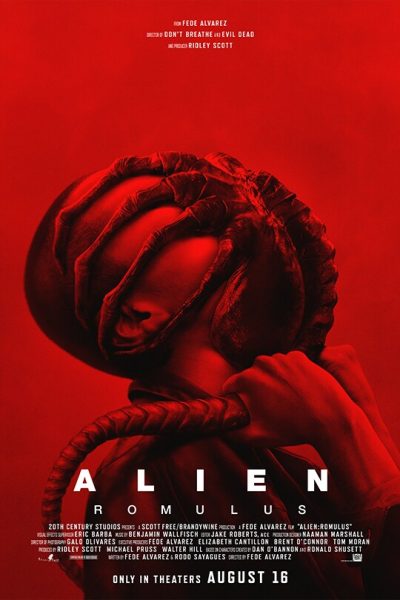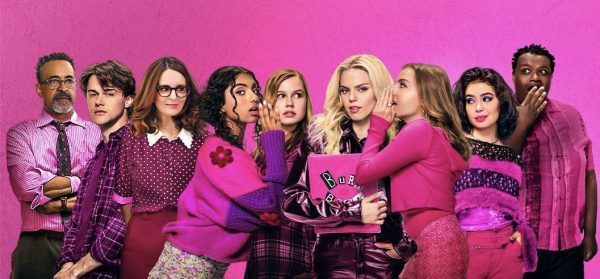‘Justice League’ Disappoints Through Disjointed Tone, Predictable Plot, Terrible Studio Leadership
Ever since the Marvel Cinematic Universe began its meteoric ascent in 2008, DC Comics has always been on the catch-up. Year after year, Marvel was producing hit after hit, with billions of dollars in box office gross streaming in. After five years, DC decided to start their own extended universe, releasing Man of Steel in 2013. While it came with a mediocre reception (55% on Rotten Tomatoes), there was certainly promise in the franchise, as DC held the rights to many legendary characters, including Superman, Batman, and Wonder Woman.
Next on the docket was Batman v. Superman: Dawn of Justice, a prospect that looked too big to fail. However, it was quite the opposite. The 2016 film was a complete travesty, with a woeful 27% on Rotten Tomatoes and a disappointing $330 million domestic box office.
Following the release of Suicide Squad later that year (which, by the way, was somehow even worse), many fans lost all hope of an exciting DC superhero universe. The commitment to the visually and conceptually dark style, terrible dialogue, and lack of humor was simply confusing and highly unsuccessful as a whole.
With all of this in mind, the next film for DC moving into 2017 was Wonder Woman, and many fans were hopeful that the differing perspectives from the superhero norms would bring something exciting to the screen for the first time in the DCEU. For the first time, these hopes were satisfied. Wonder Woman blew the rest of the DC films away, coming in as the second highest grossing film of the summer and bringing in an otherworldly 92% on Rotten Tomatoes.
Just six months after that, DC released Justice League.
And it’s bad. It opened to less than $100 million on its first weekend, somehow even less than the first movie of the universe, Man of Steel. While it is bad, it is not nearly as unwatchable as some of DC’s previous failures and is lousy for different reasons. Directed by Zack Snyder and a little bit by Joss Whedon, the plot goes as follows: motivated by his restored faith in humanity and inspired by Superman’s (Henry Cavill) selfless actions, Bruce Wayne (Ben Affleck) enlists newfound comrade Diana Prince (Gal Gadot) to face an even greater threat. Together, Batman and Wonder Woman work swiftly to assemble a team to stand against this newly awakened foe. Despite the formation of an unprecedented league of heroes – Batman, Wonder Woman, Aquaman (Jason Momoa), Cyborg (Ray Fisher), and the Flash (Ezra Miller) – it may be too late to save the planet from an assault of catastrophic proportions. Amy Adams, J.K. Simmons, and others are also featured.
Let’s start with when it works. There are a few moments scattered throughout the plot that actually use humor effectively. For example, the so-called “Lasso of Truth” owned by Wonder Woman is used well throughout the film in subtle ways. The action is decent at some points and there a few intriguing subplots here and there. But other than that, there’s not much else.
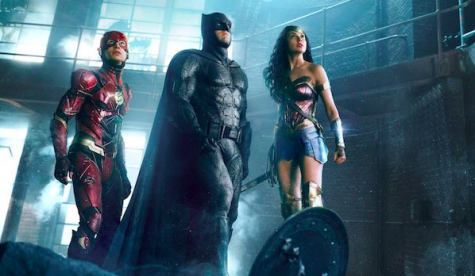
The performances across the board were suboptimal at best. Gal Gadot as Wonder Woman was fine, but the environment of the film did not suit her as well as in Wonder Woman. Ben Affleck is a decent Bruce Wayne, but a terrible Batman, as throughout the film he was clunky and slow and seemingly unnecessary to any fight. The decision to make the Flash be a lonely version of Sheldon Cooper from The Big Bang Theory was entirely strange and Ezra Miller comes off as unfunny and predictable in the role (though I don’t entirely blame him for this). Jason Momoa is a more difficult one to judge, as he pulled off what the producers and directors were seemingly going for, but what they were going for was terrible. For whatever reason they decided Aquaman should be a drunk, Californian surfer-bro bonehead who only says stupid things. Ray Fisher as Cyborg is fine, but the character is just uninteresting as of right now and has little backstory.
Not only were the good guys boring, but the bad guy was especially atrocious. The main villain was Steppenwolf, a devil-like entity that was basically supposed to be a simple physical representation of evil. Not only was the character monotonous and boring, the dubbing on all of his dialogue (all of which was obvious and dumb) was terrible, resulting in mouth movements that did not match up with anything he said. Plus, you would think that for their big blockbuster superhero-team film, DC would bring out the big guns in terms of villains. For hardcore DC fans, villains like Darkseid or Brainiac would have raised the stakes significantly and made the story more interesting as a whole. Marvel is known for their bad villains, and DC failed to take advantage of the opportunity to claim a victory in that realm.
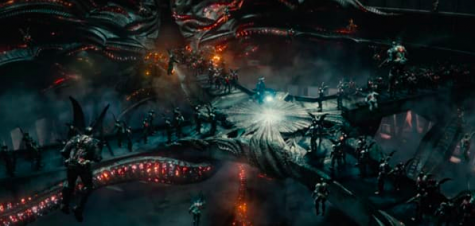
Every superhero film nowadays is filled with computer-generated backdrops and special effects. Sometimes they are visually striking, and sometimes they look like jumbled watercolor paintings made by four-year-olds. This film lies somewhere in the middle: not great, but not terrible. There is one particular scene in the opening seconds of the film where the CGI is frankly appalling. Other than that, it is not particularly noticeable, which I guess you could say is a minor success, however their reliance on the medium is overdone and fails to capture the epic nature of the characters’ quests.
The storyline was full of predictable plot points and basic coming-together moments that failed to have any real effect. Some of the moments that were intended to be surprising or exciting completely failed to hit their mark, as everything leading up to those scenes made it clear that they would happen (sorry for the vagueness, but I don’t want to spoil anything, even if it’s not worth watching). Everything that happened throughout the film went exactly as expected, and the events were very archetypal and commonplace in simple good vs. evil stories.
By this point, you may be asking how DC could have possibly screwed up a movie with such iconic characters like Batman and Wonder Woman. Well, there is some important backstory to that. From the outset, the director who was slated to take the helm of Justice League was Zack Snyder, who directed previous DCEU films Man of Steel and Batman v. Superman. Up to that point, he had committed to a style that was gritty and dark, and for the most part lacked humor. For a small population of diehard fans, they wanted to see this continue, as it was legitimately original in the cinematic superhero universe. And for a while, it seemed that would be the case.
Production of the film began in April of 2016, and Snyder seemed to be continuing that style as it had been, staying consistent with his previous films. However, the executives and producers at DC and Warner Brothers recognized that they were significantly behind Marvel in their cinematic superhero quest. Because of this, they decided that unoriginality was the best medicine, and the decision to bring Joss Whedon – director and writer of The Avengers and The Avengers: Age of Ultron – into the mix was made a few months into production. These executives believed that if they could copy the so-called “Marvel formula” to a T, then their film would be successful.
Whedon began late in the process and wrote some scenes that would be done in re-shoots in an attempt to add some uncharacteristic and poorly written humor to the film. Not long after Whedon was brought on, Zack Snyder stepped down from the project as he dealt with an extremely unfortunate and tragic family event regarding the suicide of his daughter, and Whedon was given the reins in his absence. This is where the film began to suffer from major tonal dissonance. Many of the “humorous” scenes were forced and often unfunny, and in turn jumbled the tone of the film and caused it to barely resemble the ideas that had been built since the beginning of the universe in 2013.

While it can be argued that Snyder and Whedon should be the main reasons for the failure, I would argue that the frankly senseless and callous executives at DC and Warner Brothers should shoulder the majority of the blame. Obviously, they feared another critical and financial failure, yet they still poured up to $300 million into the production of the film, giving it little hope of being a relative success in the first place. In addition, they tasked the directors with a strict runtime of 2 hours or less, as they feared length would restrict box office earnings. This caused the film to speed through almost the entire set-up of the film at the beginning, with most shots lasting less than 10 seconds at most. Because of this decision, the first 40 minutes of the film are a jumbled mess that is nearly incoherent.
However, their most heinous act came with their heartless treatment of the situation involving Zack Snyder. The director had experienced possibly the worst tragedy any parent could think of, and understandably stepped down with a decent percentage of the film’s production left to go. Instead of pushing back the release of the movie (which they should have done anyways, why would you release this in late November?), the decision makers at DC and Warner Brothers couldn’t possibly wait for their big pay day, handing the director’s chair to Whedon and giving him full creative power of the remaining finishing touches and all of the re-shoots.
While Whedon should have thought to continue Snyder’s vision, the executives in charge should have never allowed this to happen in the first place. Regardless of whether or not they thought what Snyder had done to that point was terrible, the people in charge should have realized that completely changing the tone of the film 85% of the way into production would never work. It is the culmination of these bad executive decisions and directorial mistakes that resulted in the box office and critical failure of Justice League.
While it was not nearly as bad as some of the previous atrocities of the DC Extended Universe, Justice League was undoubtedly a failure and DC will have to reconsider how they want to approach their superhero universe in the future. If I had to give it a grade, it would be a lowly D-.

PJ Knapke is a senior at Glenbard West and a Columnist this year for the newspaper. His focus on is on film-related content, particularly reviews. He is...
